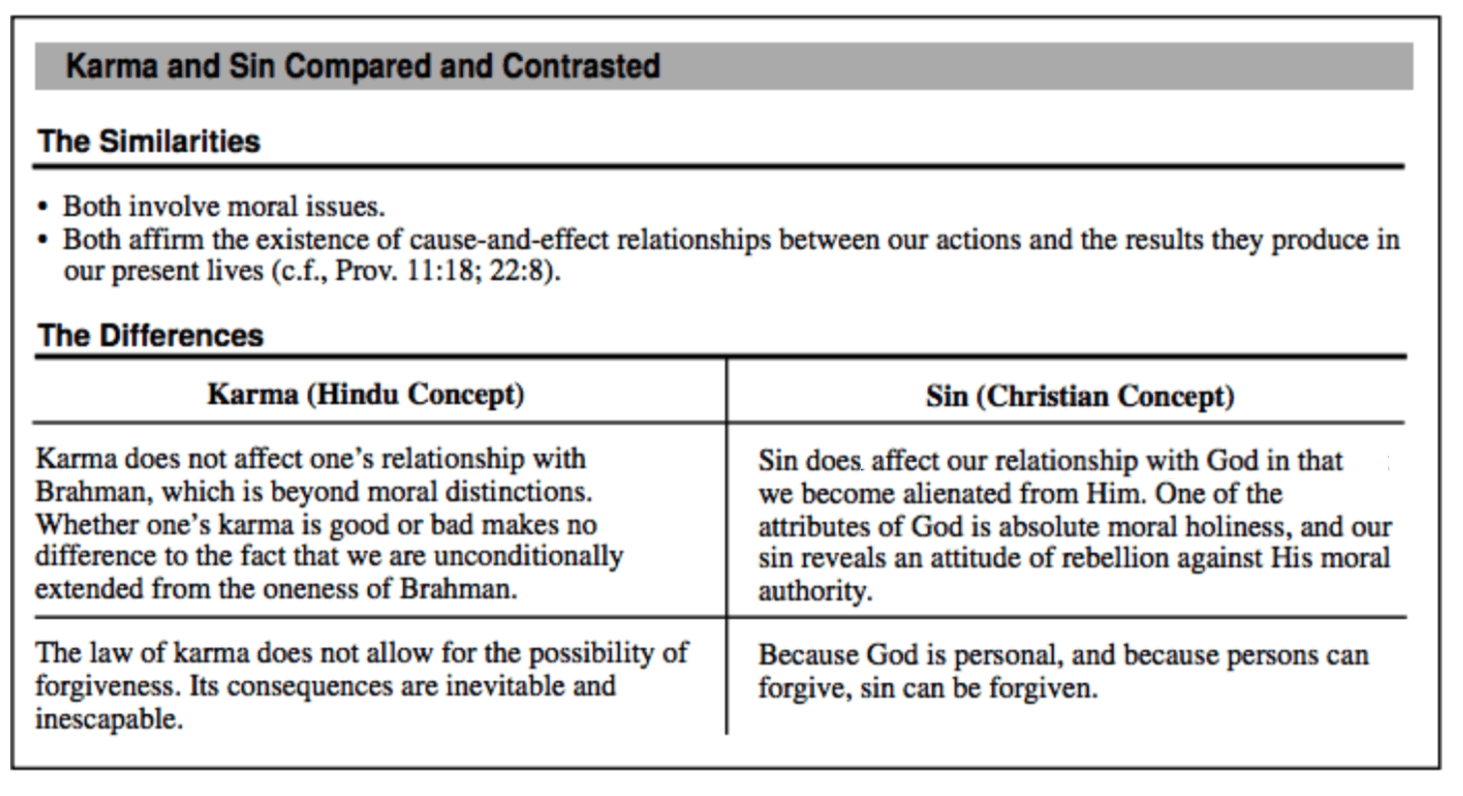Moral values are fundamental to our society, with each religion having its own set of moral values that often conflict with each other. This article explores the moral dilemma between the Judeo-Christian God and Hindu karma. The Judeo-Christian God provides a clear moral code for humans to follow, with accountability for their actions and salvation through Jesus Christ. In contrast, karma is dependent on past lives and consequences felt in future lives, leading to a lack of accountability in this life and potentially resulting in victim-blaming. Each belief system has its pros and cons, and individuals must decide which set of moral values aligns with their personal beliefs.
The Moral Dilemma: Judeo-Christian God vs. Hindu Karma
Introduction
Moral values are the foundation of our society. Every religion has its own set of moral values that shape the way people live their lives. These moral values often conflict with each other, leading to moral dilemmas. In this article, we will explore the moral dilemma between the Judeo-Christian God and Hindu karma, and the differences between them.
Judeo-Christian God
The Judeo-Christian God is the God of the Old and New Testament. According to Christianity, God is all-knowing, all-powerful, and all-loving. He created humans in his own image and gave them free will, but he also sets moral laws that they must follow. God holds humans accountable for their actions and provides salvation through his son, Jesus Christ. The Ten Commandments are the most important moral laws that humans must follow, such as not killing, stealing, or committing adultery.
Pros of Judeo-Christian God
- The Judeo-Christian God provides a clear moral code for humans to follow through the Ten Commandments
- God holds humans accountable for their actions, which promotes moral responsibility
- The belief in salvation through Jesus Christ gives hope and meaning to life
Cons of Judeo-Christian God
- The belief in an all-powerful God who allows evil to exist leads to the problem of evil and suffering
- The strict moral code may lead to a lack of moral flexibility in certain situations
- The exclusive belief in Jesus Christ as the only means of salvation may lead to religious intolerance
Hindu Karma
Hinduism is one of the oldest religions in the world with a complex set of beliefs and practices. The concept of karma is one of the most important aspects of Hinduism. According to karma, every action has a consequence, and the consequences of past actions affect present lives. Karma determines one’s birth and destiny and requires individuals to fulfill their dharma, or duty. The ultimate goal in Hinduism is to reach moksha, or liberation from the cycle of birth and death.
Pros of Hindu Karma
- Karma reinforces the concept of moral responsibility through the belief in consequences for one’s actions
- The emphasis on dharma promotes a sense of duty and responsibility towards one’s community and the greater good
- The belief in moksha gives meaning and purpose to life beyond material possessions and desires
Cons of Hindu Karma
- The concept of karma may lead to victim-blaming and a lack of empathy for those who suffer
- The belief in past lives and karma determining one’s destiny may discourage the pursuit of change and improvement in this life
- The caste system, which is based on the concept of karma, has been used to justify discrimination and oppression
The Moral Dilemma
The moral dilemma between the Judeo-Christian God and Hindu karma lies in the different ways they view moral responsibility. The Judeo-Christian God holds individuals responsible for their actions in this life and provides a clear moral code to follow. In contrast, karma is dependent on past lives and consequences can be felt in future lives, which may lead to a lack of accountability in this life. Additionally, the concept of karma may lead to victim-blaming, which is not seen in the Judeo-Christian tradition.
Conclusion
In conclusion, the moral dilemma between the Judeo-Christian God and Hindu karma is a complex issue that has no easy answer. Each belief system has its pros and cons, and individuals must decide for themselves which set of moral values align with their personal beliefs. However, it is important to recognize the impact of these belief systems on society and strive towards a moral code that promotes empathy, responsibility, and equality for all.
